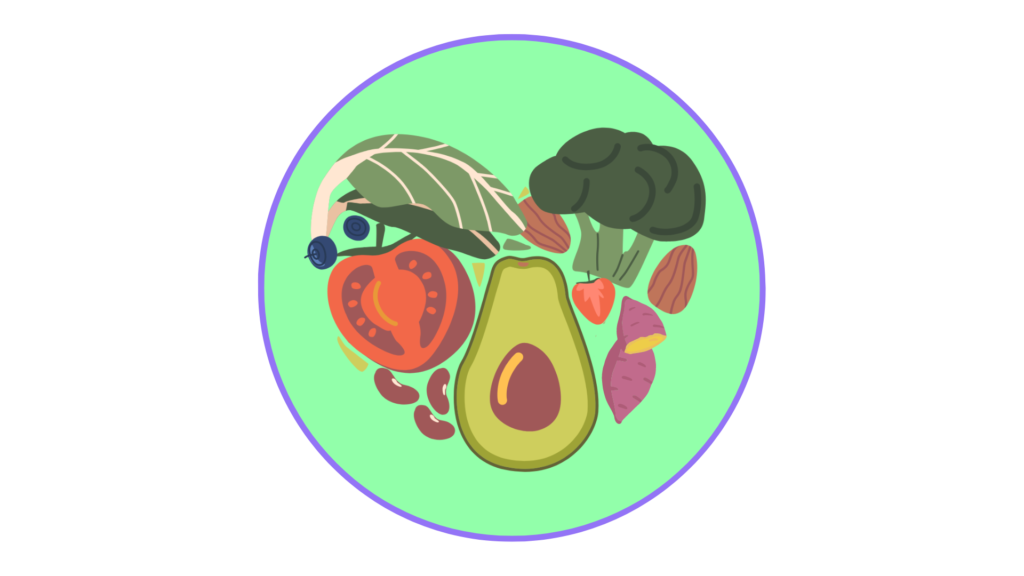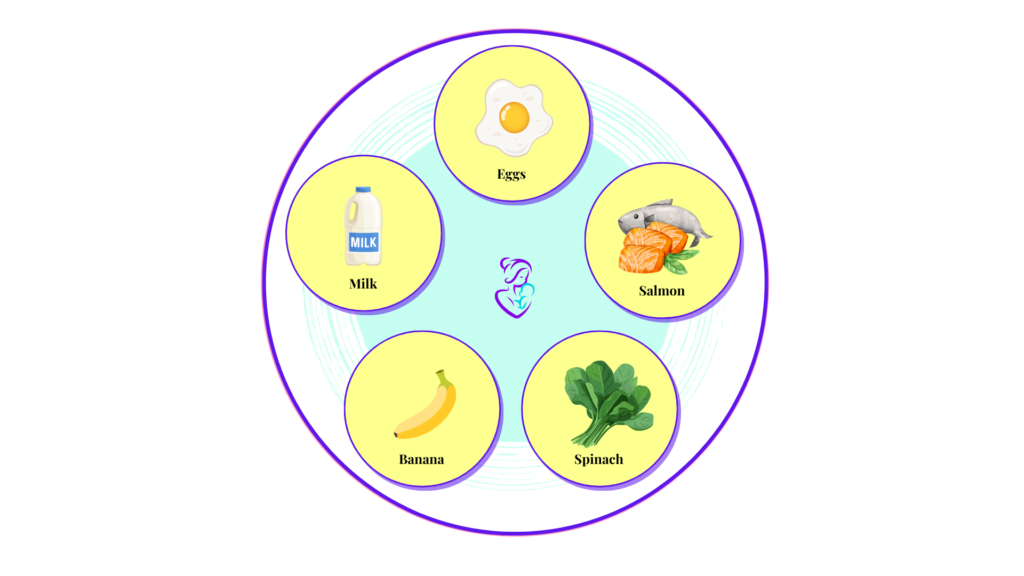Pregnancy Food Aversions
Published : 26/05/2024
Last updated: 26/05/2024
Hey mammas, as we know, every pregnant mother experiences different symptoms during their pregnancy. The same person may experience completely different symptoms in consecutive pregnancies. You may develop a sudden aversion to certain foods, and a lack of appetite can also lead to the exclusion of nutritious foods from your daily diet. Many pregnant women experience these issues.
However, not everyone encounters this problem. If you do, there’s no need to worry. You simply need to choose your food carefully. This way, your diet won’t lack essential nutrients, helping you avoid malnutrition and other related issues.
When Does it Start?
Food aversions during pregnancy can begin at any time and vary from person to person. Some women might not experience any aversions at all.
Which Foods are Affected?
There isn’t a specific list of foods to avoid during pregnancy as aversions differ among individuals. However, common aversions include fish, meat, onions, garlic, eggs, milk, tea or coffee, even spicy foods.
Many women may risk malnutrition if they avoid nutritious foods. Therefore, it’s advisable to consult your doctor if you have an aversion to nutrient-rich foods. Your doctor can prescribe supplements or alternative foods to ensure you receive the necessary nutrients.
What to Do?
If you develop an aversion to non-nutritious foods (e.g., fried foods) during pregnancy, it’s best to avoid them. However, if you dislike nutritious and healthy foods, be mindful of your daily food choices to ensure you don’t miss out on essential nutrients due to lack of appetite.
Here are some Tips
1. Eat Nutritious Food Everyday
You can replace foods you dislike with other nutritious options. For example, if you don’t like fish, eat more meat, eggs or milk instead.
Even if you don’t like certain healthy foods, try to eat small amounts. You can also cook them in different ways to make them taste better. Make sure you aren’t completely cut out any nutritious foods to avoid malnutrition.
2. Eat Light and Odorless Food
If you don’t like strong-smelling foods, eat light, odorless foods like rice cakes, puffed rice, or biscuits. These don’t have all the nutrients you need, so also try to eat other healthy foods.
If food smells make you feel sick, try eating foods with lemon or other sour fruits to help with nausea.
3. Consult a Doctor
If your food aversions get worse and common tips don’t help, see your doctor. They might suggest taking nutrient supplements to keep you healthy.
Why does it Happen?
The specific cause of food aversions during pregnancy is unknown. It is believed that these changes in taste are due to the physical changes occurring during pregnancy. Additionally, nausea and vomiting are associated with aversions to various foods. Some studies suggest that aversions are more likely for foods potentially harmful to the mother and her unborn child, but there is no strong evidence supporting this.
A Gentle Nudge from Mammas Journey
Food aversions and cravings are normal during pregnancy, so usually, there’s no need to worry. However, if you can’t eat most foods, it could affect your baby’s growth. If this happens, talk to your doctor about weight gain.
Sometimes, food aversions come with cravings for non-food items like ice. Many people even struggle to drink water and start vomiting. In such cases, they might add flavors like lime or cucumber to the water.
Some pregnant women might crave harmful things like dirt or chalk. This condition, called pica, can signal a medical issue. If you experience this, call your doctor.



